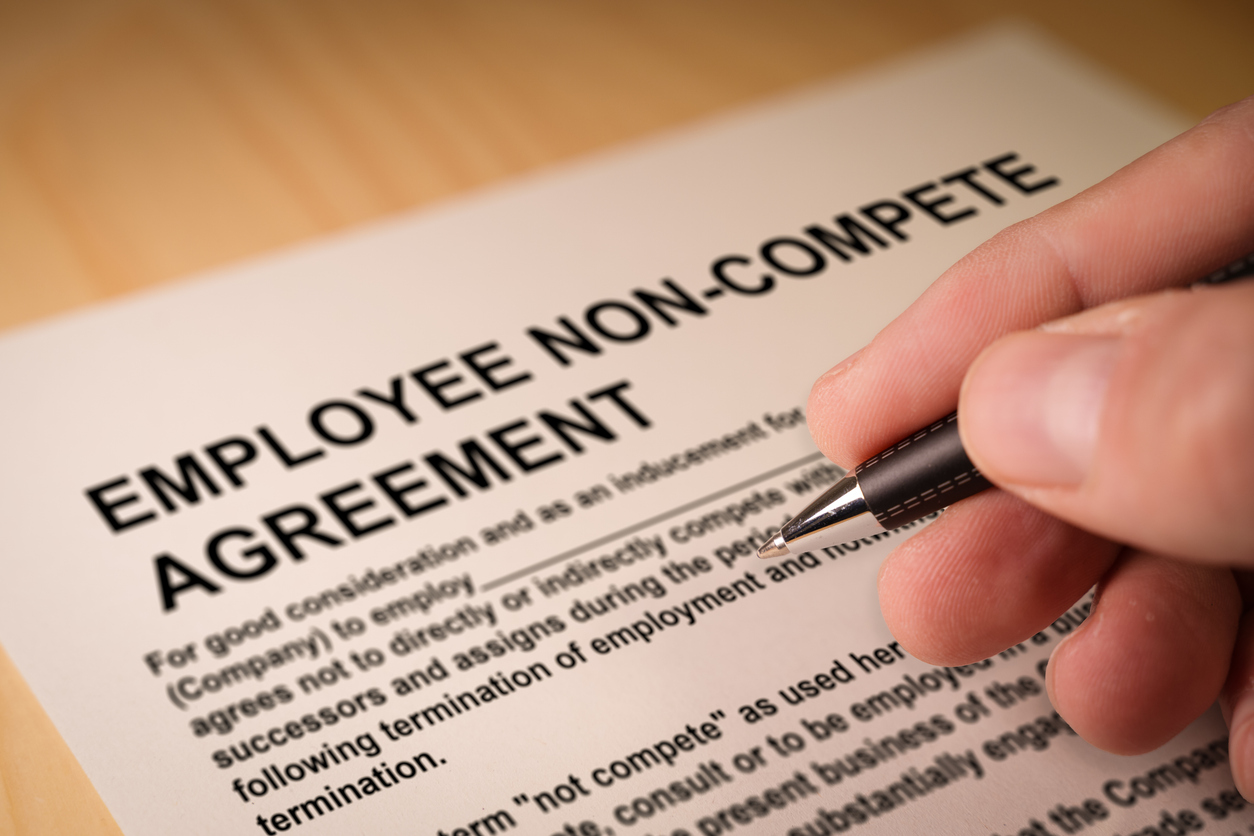What happens when an insured refuses to pay a public adjuster his or her fee? Does the adjusting contract create a lien enforceable by a public adjuster against payments which have not yet occurred? That was the issue addressed by the Appellate Court of Illinois in Golub and Associates, Inc. v. State Farm Fire and Casualty Company.1
In that case, the insured hired Golub and Associates, Inc., a public adjusting firm, to assist in adjusting her fire loss claim. Under the terms of the adjusting contract, the insured assigned to Golub “all money becoming due to the extent of the [10%] fee for adjusting said loss.” Golub provided State Farm Fire and Casualty Company with a copy of the adjusting contract and requested that it be included on any payments made to the insured. Golub negotiated a $72,076.58 settlement, and State Farm issued a check payable to both Golub and the insured. Shortly thereafter, the insured terminated Golub, and told State Farm not to include Golub on any settlement check. State Farm complied with this request, and reissued a check payable only to the insured.
Golub subsequently sued both the insured and State Farm. The circuit court entered judgment against State Farm and in favor of Golub for 10% of the negotiated settlement. State Farm appealed, arguing that Golub did not have a valid lien on insurance proceeds. The appellate court disagreed, and affirmed the lower court’s judgment.
The appellate court began its analysis by looking to Article XXXI ¾ of the Illinois Insurance Code, titled “Public Insurance Adjusters and Registered Firms”2—specifically, the definitions of the terms: “public insurance adjuster” (a person engaged in the business of adjusting insurance claims who is licensed),3 “adjusting insurance claims” (representing an insured with an insurer for compensation and while representing that insured either negotiating values, damages, or depreciation, or applying the loss circumstances to insurance policy provisions),4 and “compensation” (assertion of any lien against insurance proceeds).5 The appellate court stated that “no one should be expected to work in a profession that would allow clients to fire the professional after the professional’s services were rendered unless there is an avenue to ensure payment.”6 The appellate court reasoned that by specifically using the word “lien” in the Insurance Code, the Illinois legislature ensured that public adjusters would be safeguarded against the situation in Golub. The appellate court concluded that: Golub’s adjusting contract was an adequate basis for a lien,7 the Insurance Code provided the proper statutory authority for the lien, and State Farm was wrong to go along with the insured’s plan to deprive Golub of its fee.8
Golub involved a 2008 loss and was decided under Article XXXI ¾ of the Illinois Insurance Code. In 2011, the Illinois legislature amended the Insurance Code by adding Article XLV, titled “Public Adjusters”, which governs the qualifications and procedures for licensing of public adjusters, and specifies the duties of and restrictions on public adjusters.9 Section 1575(b) of the Article10 expressly allows for an adjusting contract to specify that the public adjuster be named as co-payee on an insurer’s payment of a claim. If an adjusting contract (1) assigns to the adjusting firm a percentage of all sums received by adjustment or settlement of the claim and (2) directs the insurer to name the adjusting firm as co-payee on an insurer’s payment of a claim, then a valid and enforceable lien exists against payments which have not yet occurred. For an insurer who wrongfully refuses to honor this lien, Golub and Willis provide a legal framework for a public adjuster to recover its fee from the insurer.
1 Golub and Associates, Inc. v. State Farm Fire and Cas. Co., 406 Ill.App.3d 1195, 943 N.E.2d 95 (2011).
2 215 ILCS 5/512.51 et. seq.
3 215 ILCS 5/512.52(b)
4 215 ILCS 5/512.52(a)
5 215 ILCS 5/512.52(d)
6 406 Ill.App.3d at 1197, 943 N.E.2d at 97.
7 Even if the adjusting contract is void because it fails to meet the requirements set forth in the Insurance Code, Illinois recognizes a public adjuster’s right to quantum meruit recovery for the reasonable value of services rendered at the request of the insured. See Willis v. Ohio Cas. Ins. Co., 101 Ill.App.3d 1099, 428 N.E.2d 1061 (1981).
8 Although Golub’s claim against State Farm was based on its lien, an additional remedy exists in Illinois for an insurer’s tortious interference with a public adjusting contract. See Lazarus v. Hagensick, 8 Ill.App.3d 237, 298 N.E.2d 237 (1972).
9 Article XXXI ¾ of the Illinois Insurance Code is scheduled to be repealed on January 1, 2017, meaning public adjusters will then be governed by Article XLV of the Insurance Code and the administrative regulations set forth in Part 3118 of the Illinois Administrative Code (50 Ill. Adm. Code § 3118 et.seq.).
10 215 ILCS 5/1575(b).



